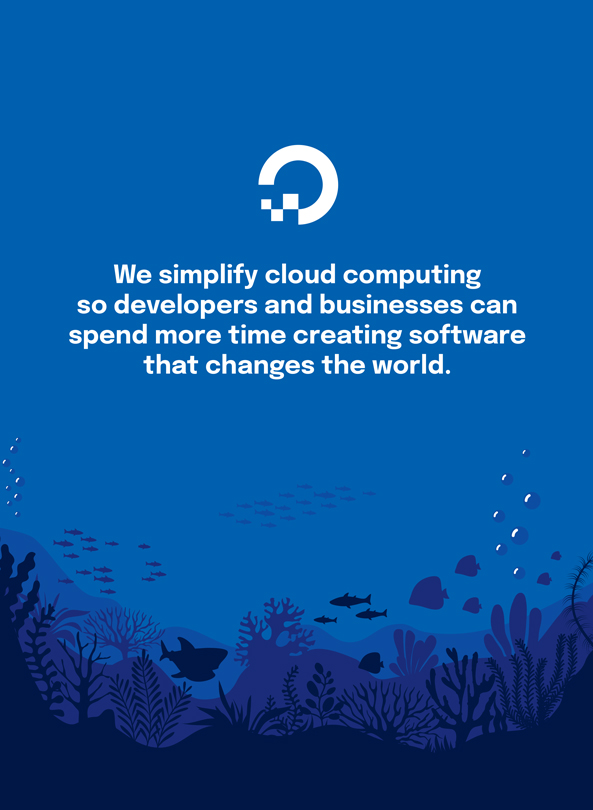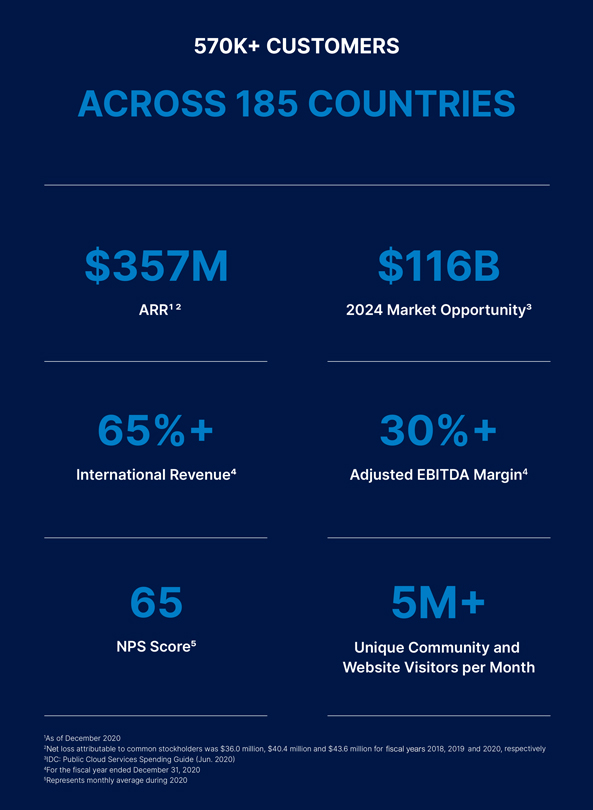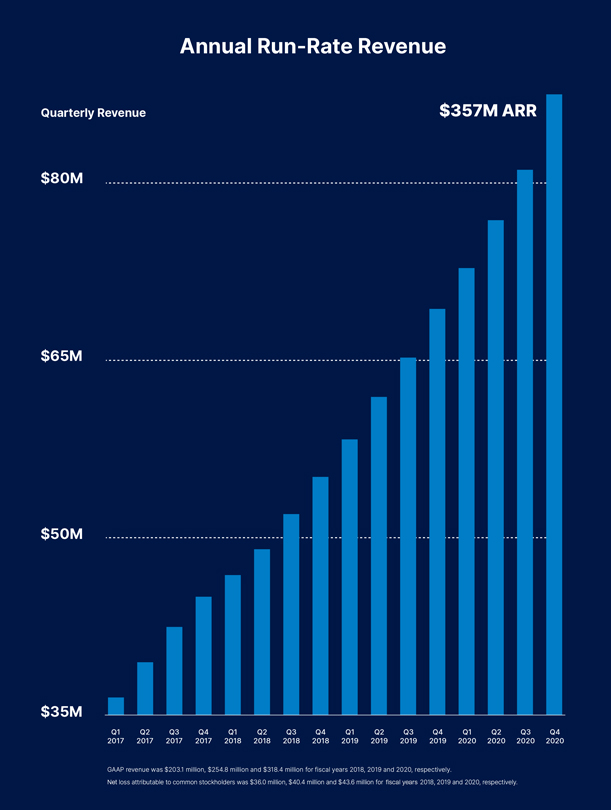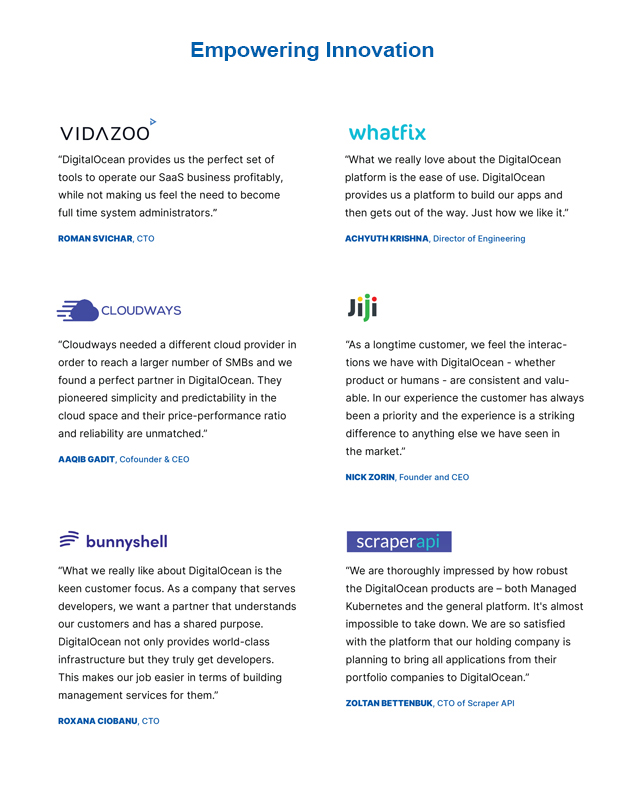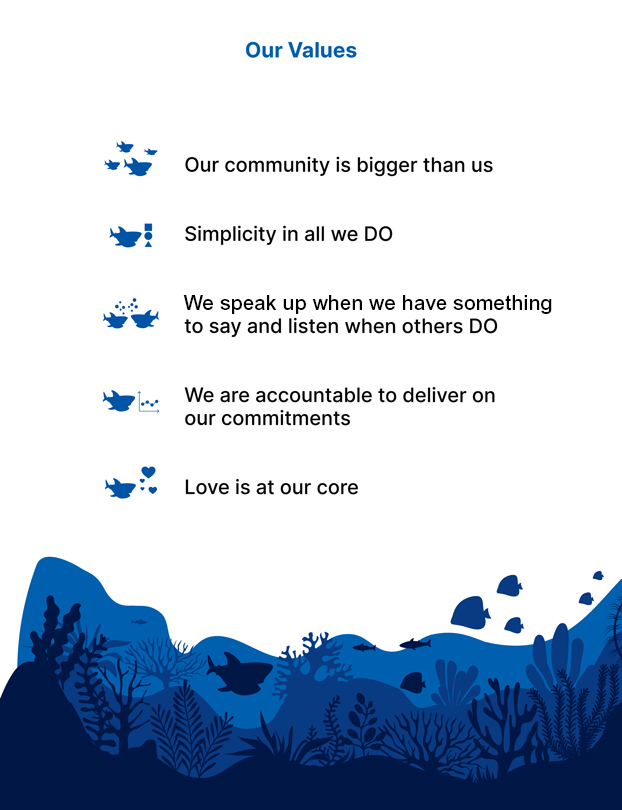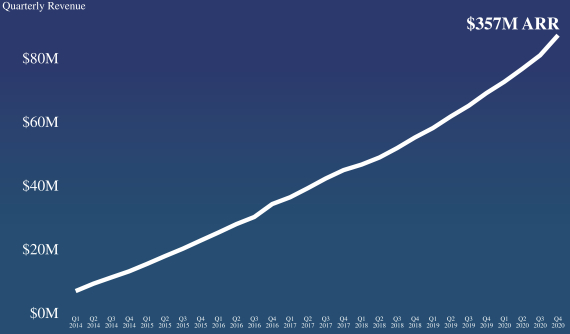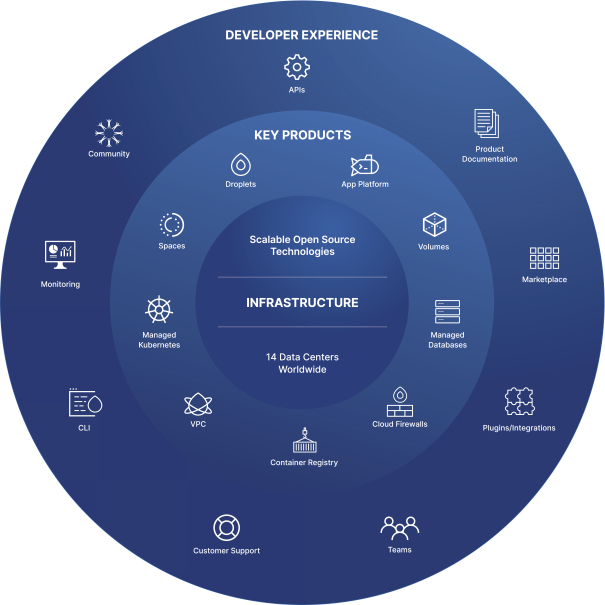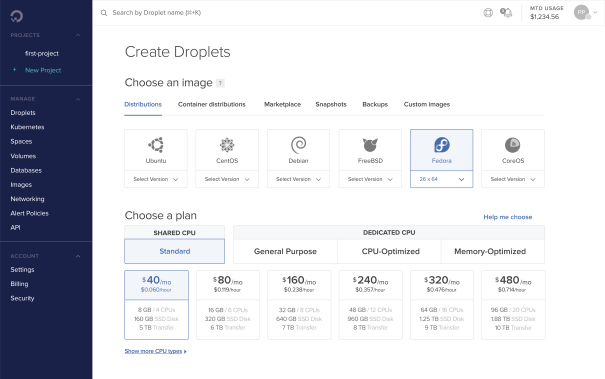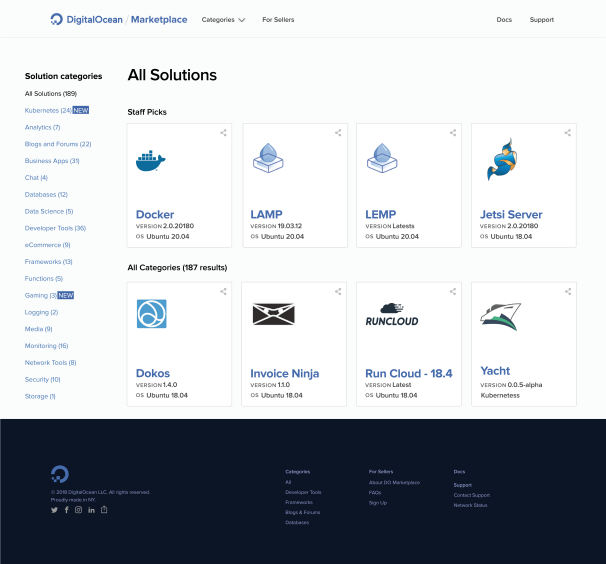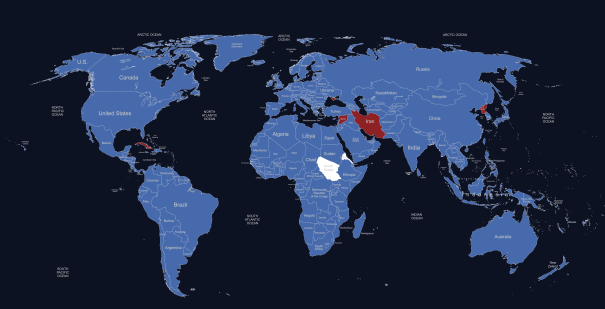Risks Related to Our Intellectual Property
Any failure to obtain, maintain, protect or enforce our intellectual property and proprietary rights could impair our ability to protect our proprietary technology and brand.
Our success depends to a significant degree on our ability to obtain, maintain, protect and enforce our intellectual property rights. We rely on a combination of trademarks, service marks, trade secrets, patents, copyrights, contractual restrictions, and confidentiality procedures to establish and protect our intellectual and proprietary rights, including in our technology, know-how, and brand. Legal standards relating to intellectual property rights are uncertain, in both the United States and other jurisdictions in which we operate, and protecting, monitoring, and defending our intellectual property rights might entail significant expense. Intellectual property rights that we have or may obtain may be challenged, circumvented, invalidated or held unenforceable. Furthermore, even though we attempt to enter into contractual provisions with third parties to control access to, or the distribution, use, misuse, misappropriation, reverse engineering or disclosure of, our intellectual property or technology, no assurance can be given that these agreements will be sufficient or effective in protecting our intellectual property rights.
Moreover, intellectual property laws, standards, and enforcement mechanisms in foreign countries may be uncertain, may not be as protective of intellectual property rights as those in the United States, or may not be available to us. As we expand our international activities, our exposure to unauthorized copying and use of our products, services, and other intellectual property will likely increase.
Despite our efforts, we may be unable to adequately obtain, maintain, protect, and enforce our intellectual property rights or prevent third parties from infringing upon, misappropriating or otherwise violating our intellectual property rights. If we fail to protect our intellectual property rights adequately, our competitors may gain access to, or be able to replicate, our proprietary technology, products, or services, and our business, financial condition, results of operations or prospects may be harmed. Our attempt to enforce our intellectual property rights, even if successful, could result in costly litigation or diversion of our management’s attention and resources, and, as a result, delay sales or the implementation or introduction of our products and platform capabilities, or injure our reputation.
We may become subject to intellectual property claims from third parties, which may subject us to significant liability, increased costs, and impede our ability to operate our business.
Our success depends, in part, on our ability to develop and commercialize our products and services without infringing, misappropriating or otherwise violating the intellectual property rights of third parties. However, we may not be aware that our products, services, or intellectual property are infringing, misappropriating, or violating third party intellectual property rights. Additionally, the technology industry is characterized by the existence of a large number of patents, copyrights, trademarks, trade secrets, and other intellectual and proprietary rights. Companies in the industry are often required to defend against litigation claims based on allegations of infringement, misappropriation or other violations of intellectual property rights, and third parties may bring such claims against us. In addition, we may become subject to intellectual property disputes or otherwise subjected to liability for customer content on our platform. In the past, we have been involved in intellectual property disputes regarding our customer’s alleged infringement of third party intellectual property. We expect that the occurrence of infringement claims is likely to grow as the market for our platform and products grows.
Lawsuits are time-consuming and expensive to resolve, and they divert management’s time and attention, and our technologies or intellectual property may not be able to withstand third party claims against their use. Any intellectual property litigation to which we might become a party, or for which we are required to provide indemnification, may require us to do one or more of the following:
| | • | | cease selling or using products or services that incorporate the intellectual property rights that we allegedly infringe, misappropriate or violate; |
42

